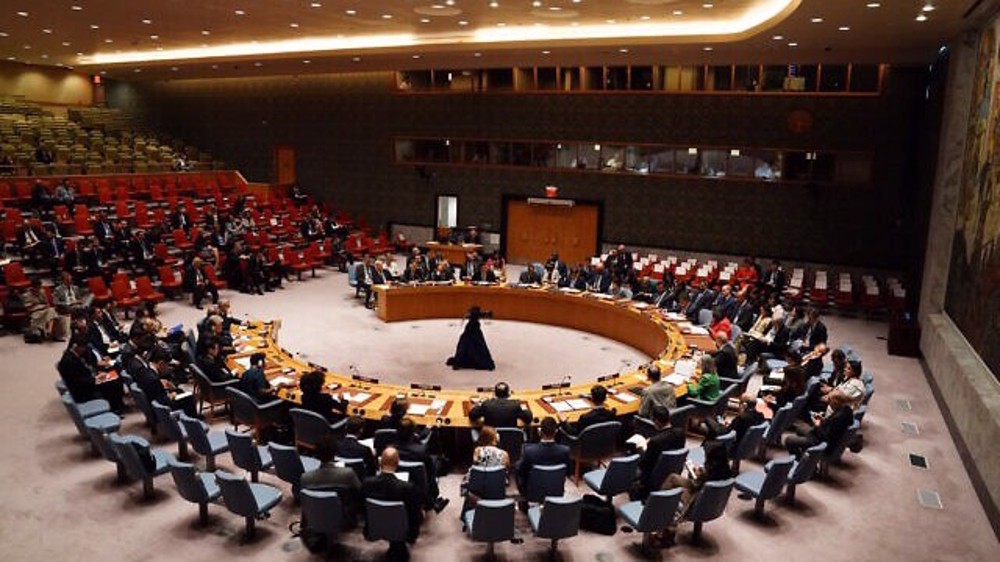The United Nations Security Council (UNSC) has officially declared an end to restrictions it had imposed on Iran’s missile program, according to the organization’s secretariat.
In a note sent to the member states of the UN, the secretariat of the UNSC officially ended curbs set out in paragraphs 3, 4, and 6 (c) and (d) of Annex B to Resolution 2231.
The termination came into force on October 18, eight years after the 2015 Iran nuclear deal with major world powers, officially known as the Joint Comprehensive Plan of Action (JCPOA).
The restrictions included curbs on ballistic missile-related activities and transfers, as well as sanctions on some Iranian individuals and entities.
Rosemary A. DiCarlo, the United Nations Under-Secretary-General for Political and Peacebuilding Affairs, also confirmed the termination in a separate letter to Iran’s permanent ambassador to the United Nations, Amir Saeid Iravani.
“As a consequence,… the Secretariat removed on 19 October 2023 from the Security Council website the list of 23 individuals and 61 entities subject to the aforementioned restrictive measures,” DiCarlo said in the letter.
The changes were also made to the UNSC Consolidated List of all sanctioned people and entities.
The termination, which means Iran is no longer subject to any UN sanctions, occurred despite extensive political and legal efforts made by the United States and Western countries in recent years to lay the ground for keeping the measures in place.
On the same day the UN sanctions expired, the United States imposed new unilateral sanctions against Iran’s missile program.
Last month, the three European signatories to the JCPOA — the UK, Germany, and France — said they plan not to terminate their anti-Iran sanctions, including ballistic missile bans, arguing that Iran has been in non-compliance with the deal since 2019.
Iran halted some of its JCPOA commitments in 2019, a year after the US unilaterally walked out of the deal and after the EU failed to offer any compensation for the US withdrawal.
Iran said at the time the reduction of its commitments was in accordance with the deal, which allows parties to dishonor commitments should other parties do the same.




